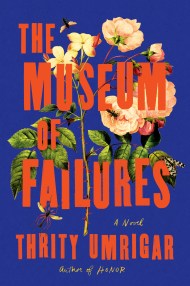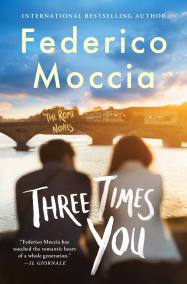Promotion
Use code MOM24 for 20% off site wide + free shipping over $45
To Be Sung Underwater
A Novel
Contributors
By Tom McNeal
Formats and Prices
Price
$9.99Price
$12.99 CADFormat
Format:
- ebook $9.99 $12.99 CAD
- Audiobook Download (Unabridged)
- Trade Paperback $24.99 $31.99 CAD
This item is a preorder. Your payment method will be charged immediately, and the product is expected to ship on or around June 2, 2011. This date is subject to change due to shipping delays beyond our control.
Also available from:
Judith Whitman always believed in the kind of love that “picks you up in Akron and sets you down in Rio.” Long ago, she once experienced that love. Willy Blunt was a carpenter with a dry wit and a steadfast sense of honor. Marrying him seemed like a natural thing to promise. But Willy Blunt was not a person you could pick up in Nebraska and transport to Stanford. When Judith left home, she didn’t look back.
Twenty years later, Judith’s marriage is hazy with secrets. In her hand is what may be the phone number for the man who believed she meant it when she said she loved him. If she called, what would he say?
To Be Sung Underwater is the epic love story of a woman trying to remember, and the man who could not even begin to forget.
Twenty years later, Judith’s marriage is hazy with secrets. In her hand is what may be the phone number for the man who believed she meant it when she said she loved him. If she called, what would he say?
To Be Sung Underwater is the epic love story of a woman trying to remember, and the man who could not even begin to forget.
Genre:
- On Sale
- Jun 2, 2011
- Page Count
- 448 pages
- Publisher
- Little, Brown and Company
- ISBN-13
- 9780316175449
Newsletter Signup
By clicking ‘Sign Up,’ I acknowledge that I have read and agree to Hachette Book Group’s Privacy Policy and Terms of Use







